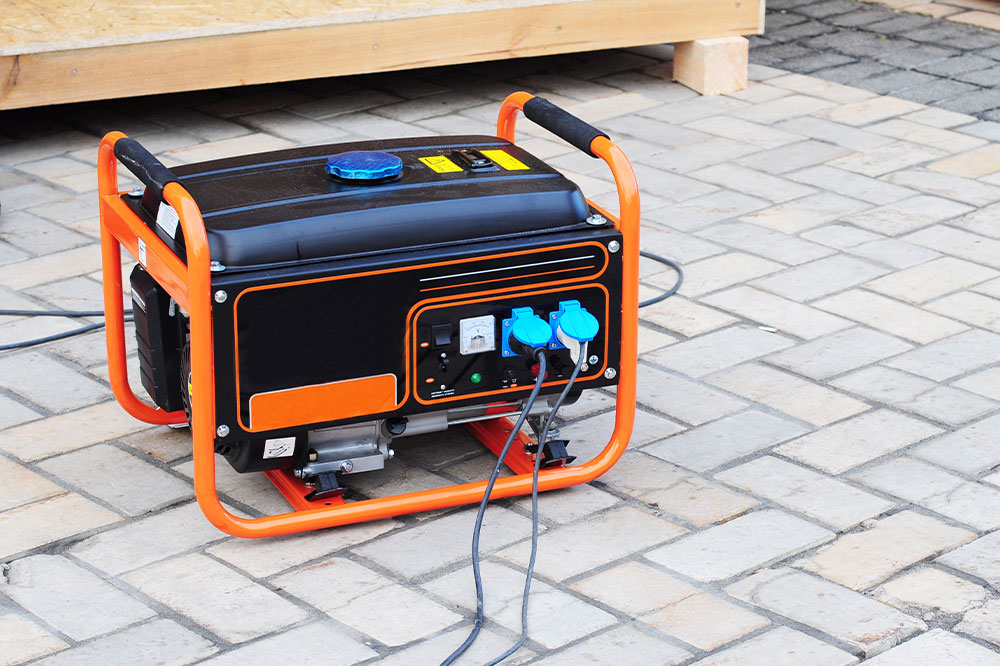Types of Electricians and the Services They Offer
Electricity may well be described as a basic necessity, without which one’s daily functioning is severely hampered. And electricians play a significant role in establishing electricity supply, detecting potential electric circuits, and preventing and managing power outages. Finding a reliable electrician is important to fix such issues promptly and ensure an uninterrupted power supply. One should know the types of electricians, the electrical services they offer, their costs, and other important details.

Types of electricians
Although many electricians may generally have knowledge of many or all types of electrical services, many others may specialize in particular aspects:
Residential electricians
Residential electricians deal with electrical installations and repairs at residential places. Some of their key responsibilities include installing, repairing, and upgrading electrical systems, wiring, carrying out light fixtures, installing fire alarm systems, and fixing electrical parts. They may also be appointed to install and upgrade lighting systems in parking areas of residential complexes.
Commercial electricians
Commercial electricians are responsible for installations, repairs, and upgrades to electric systems in commercial spaces. Installing lighting systems and generators, setting up electrical parts like receptacles and transformers, and conducting electrical inspections occasionally are just some of the key job tasks of commercial electricians.
Highway systems electricians
A highway system electrician or highway electrician specializes in the installation of road equipment, such as streetlights, columns, traffic signal poles, etc. They also deal with the timely maintenance of such electrical equipment.
Industrial electricians
These electricians are trained to install, repair, and maintain electrical equipment in industries. Some of the equipment they specialize in include motors, generators, and electrical controls associated with these equipment. Many of these electricians work at electrical firms or steel production plants or as assistants to parts manufacturers.
Emergency electricians
These electricians are responsible for detecting the underlying causes of electrical outages and carrying out immediate repair work to fix them. They help prevent potential risks posed by sudden power interruptions and help businesses and industries resume their tasks at the earliest.
Services offered by electricians and electrical contractors
Installation and repair of switches and outlets
A switch may get damaged due to circuit splices within the electrical box or loose connections in the wires connected to the switch, which restrict the flow of current. At other times, one may need to install a new switch or outlet upon buying a new appliance. An electrician thoroughly understands the mechanisms of switches and outlets and deals with their installations and repairs.
Installation, repair, and upgradation of lights
Installing a light fixture involves a host of processes, including removing the existing fixture, disconnecting the wiring, removing the existing mounting bracket and replacing it with a new one, connecting the wiring again, and installing the new fixture. Hence, this comprehensive installation process typically requires professional intervention. In other cases, an electrician may be called in to perform electrical repairs to existing lights due to common issues like flickering, dimmed lights, and loose bulbs. Finally, one may choose to upgrade their lighting systems by switching to more energy-efficient lights and bulbs and may call upon an electrical contractor to carry out this upgrade without disturbing the existing power supply.
Installation and upgradation of electrical panels
An optimally functioning electrical panel is essential for uninterrupted power supply in commercial as well as residential buildings. A poorly functioning electrical panel may cause some of the important appliances and lights to run inefficiently. Moreover, electrical panels may have to be upgraded from time to time for enhanced performance of the installed appliances. An electrician is typically employed to install and upgrade electrical panels.
Installation of ceiling fans
Fans are the most basic electrical appliances for cooling. Moreover, they reduce the demand on one’s HVAC system. Since ceiling fans consist of complex wiring, it is not advisable to install them independently. Electrical contractors facilitate the installation of these fans in residential and commercial spaces.
Installation of fire alarm systems
Fire alarm systems play an indispensable role in alerting a building’s occupants in case of any fire hazards and promptly vacating the premises to ensure safety. Electricians are equipped with an understanding of the comprehensive process of installing fire alarm systems.
Detecting and resolving electrical hazards during emergencies
Emergencies like sudden power outages, particularly those caused by turbulent weather, may pose a risk of electric shocks and potential danger to occupants of a building. Emergency electricians are trained to detect such issues promptly during such situations and work to not only restore electric supply but also ensure safety and prevent these hazards. Typically, they identify the underlying cause of the outage by investigating the electrical system and devising effective solutions to restore power as quickly as possible.
Installing and upgrading lights in parking areas
A well-lit parking area is essential to prevent accidents and allow drivers to check out parking numbers and signs clearly. Today, technological advancement has led to the invention of smart parking lights and sensors, which turn on upon detecting the movement of vehicles and pedestrians in closed parking spaces. Electricians are usually called upon to install regular or smart parking lights and sensors or upgrade existing parking light systems.
While the cost of electrical services may vary depending on the service opted for, electricians and electrical contractors typically charge between $ 40 and $120 per hour. They usually determine the charges after investigating the issue.




